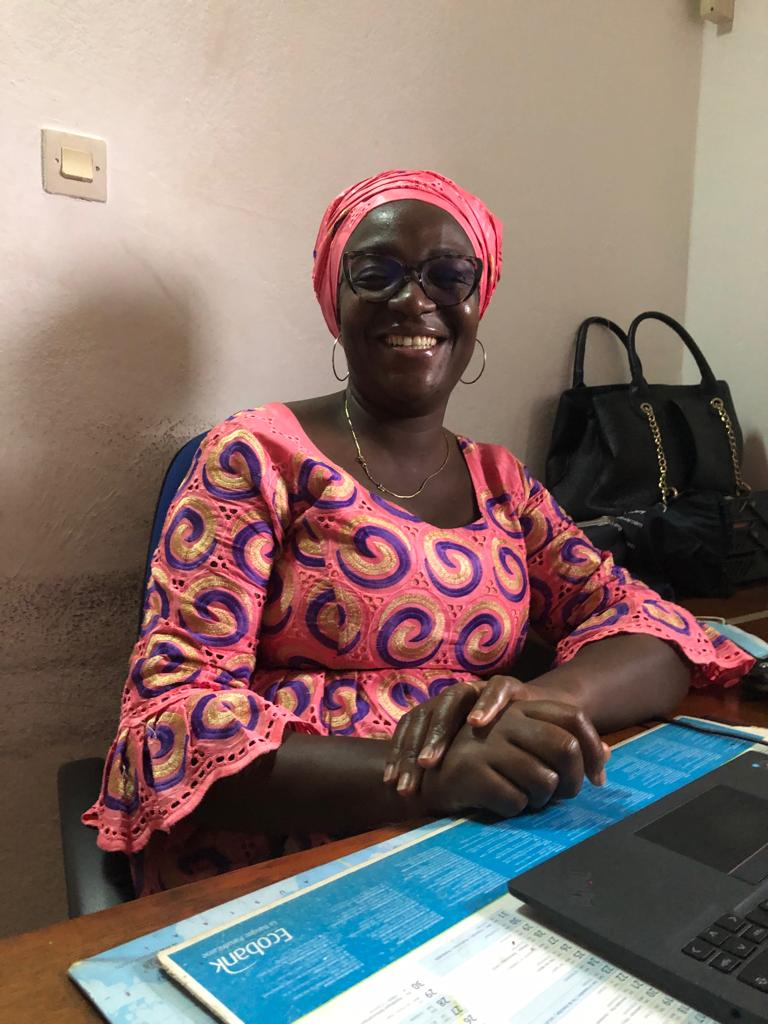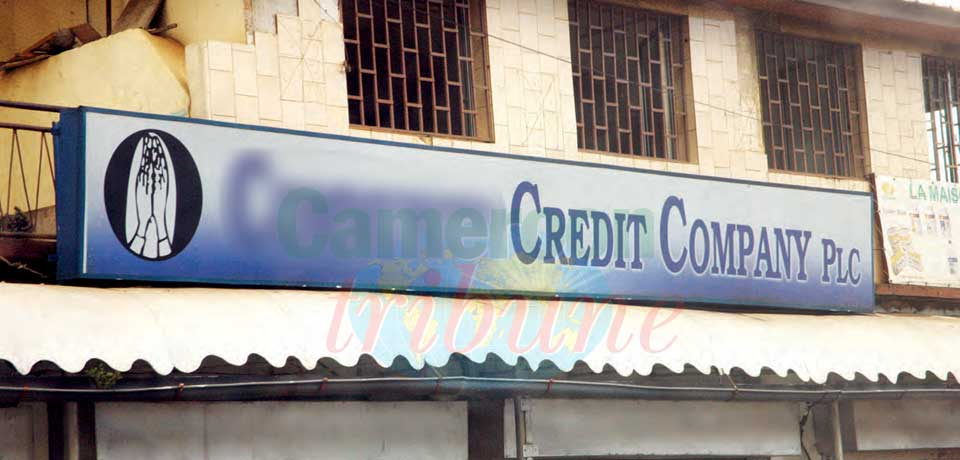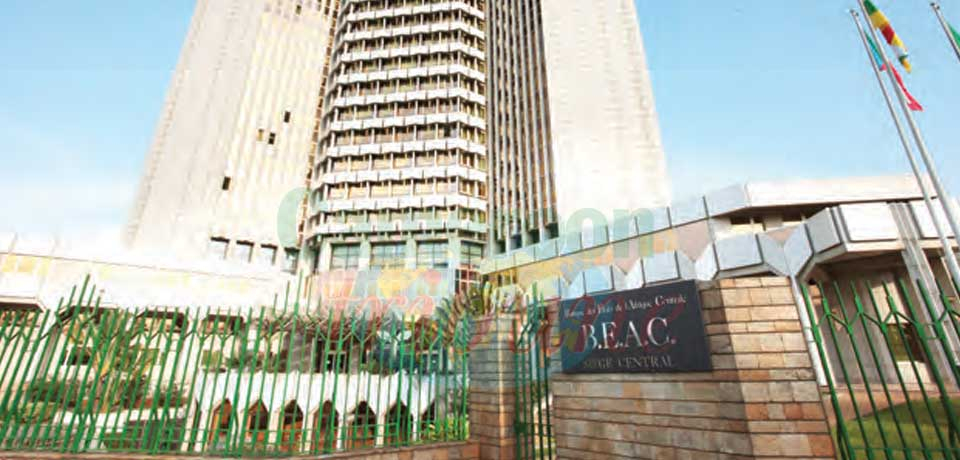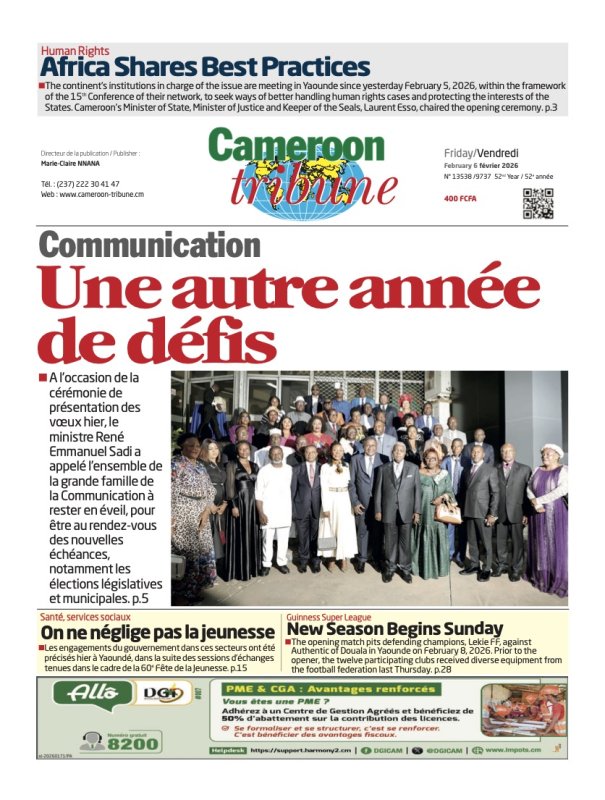Interview : “Bio-agriculture Practices Are Taking Roots”
- Par Kimeng Hilton
- 04 Oct 2023 15:48
- 0 Likes

Laurence Wete Soh, head of Forêts et Développement Rural, FODER monitoring and evaluation mission to EcoNorCam project in the North Region.
You are currently leading fifth monitoring and evaluation mission from Forêts et Développement Rural, FODER association to the EcoNorCam project in the North Region. How is it going so far?
As part of its internal evaluation mechanism, FODER organises field monitoring and evaluation missions. A coordination team from FODER headquarters in Yaounde often undertakes field visits to ascertain the level of implementation of the project, Ecosysteme du Nord Cameroun, EcoNorCam: Vers une approche integree du paysage. It looks out for project gains, constraints, and seeks solutions by discussing with the EcoNorCam management team based in Garoua. This is what we did during the first week of the mission in September 2023. The last evaluation mission one held in March 2023.
This mission comprises field visits to ascertain the implementation of suggestions from the last mission in March 2023. And a technical meeting with project management and field staff. This should enable field staff to share their experiences, harmonise approaches and aim for common project results.
What have you found out after the field trips? What progress has been made since March 2023?
Big progress has been made. In March 2023, functional adult literacy classes had begun only three months back. One of the constraints in the North Region, especially in the project zone, has been the very high level of illiteracy amongst female project beneficiaries. This made it difficult for them to appropriate project practices.
But this time around, we discovered how much progress learners have since made, especially in the end-of-year examinations. We also discussed the request by some learners to sit the First School Leaving Certificate examination in the 2023-2024 academic year. We highly appreciate the fact that female project beneficiaries, in addition to their home and farm chores, create time to attend classes.
Climate crisis resilience is the main focus of FODER’s component of the project. Is the project making any headway in this vein?
Yes! Climate change resilience activities are going on well with a high level of appropriation by beneficiaries. They are passing on the newly acquired knowledge and skills to other community members who are not necessarily part of the project. These include people from neighbouring communities. Today, the number of farmers involved in bio agriculture - that is, those who use improved agricultural practices instead of chemical fertilizers - has increased considerably. These practices are copied from the demonstration farms of assisted groups and replicated in individual and community farms. Farmers testified how the new techniques have helped them to increase crop yields and cut down overhead farming costs.
We noticed that agro-forestry is taking roots in the communities. For example, cashew nut seedlings have been planted to help in soil fertility and the restoration of forest cover in areas with serious environmental problems. Farmers are also planting other soil-enriching trees in their farms.
We were generally satisfied with the progress made, especially the replication of improved farming practices in the communities. This will help in project sustainability. Last March, we had 8 project beneficiary communities. We now have 10 project beneficiary communities in September 2023. B...
Cet article complet est réservé aux abonnés
Déjà abonné ? Identifiez-vous >
Accédez en illimité à Cameroon Tribune Digital à partir de 26250 FCFA
Je M'abonne1 minute suffit pour vous abonner à Cameroon Tribune Digital !
- Votre numéro spécial cameroon-tribune en version numérique
- Des encarts
- Des appels d'offres exclusives
- D'avant-première (accès 24h avant la publication)
- Des éditions consultables sur tous supports (smartphone, tablettes, PC)














Commentaires